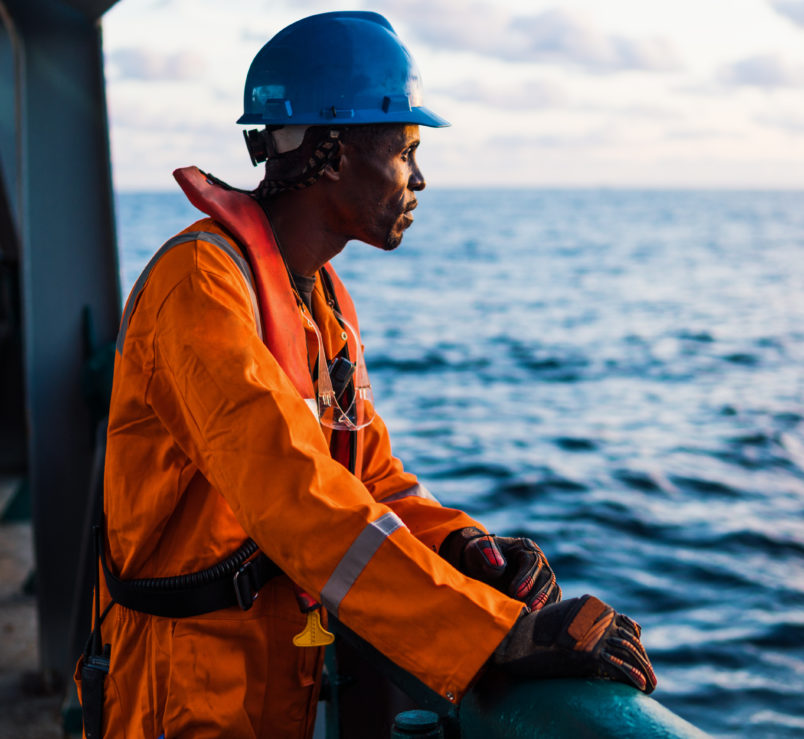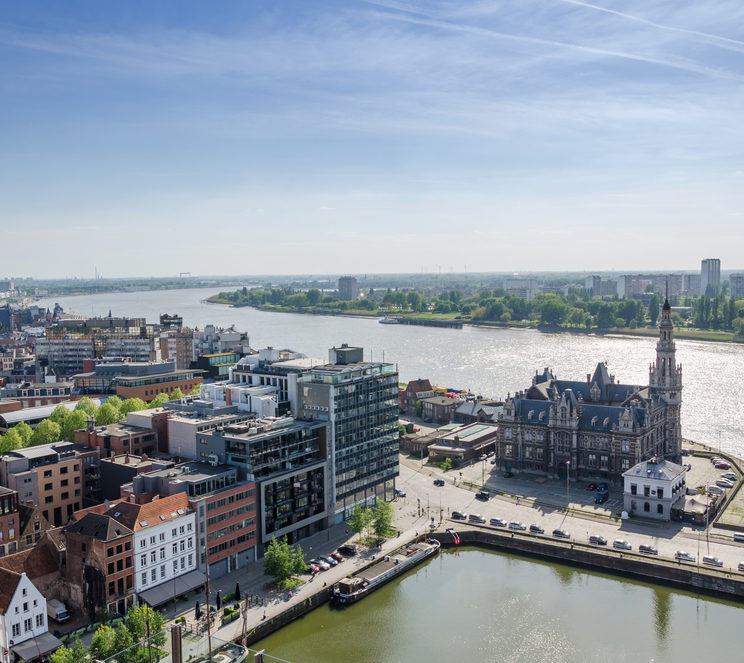Mid-term Evaluation of ‘Support to West Africa Gulf of Guinea Integrated Maritime Security (SWAIMS)’
As part of the SIEA framework contracts (Lot 3) our consortium was awarded the project: ‘Mid-term Evaluation of ‘Support to West Africa Gulf of Guinea Integrated Maritime Security (SWAIMS)’.
In 2014 Governments from two regional organisations, Economic Community of West African States (ECOWAS) and Economic Community of Central African States (ECCAS) agreed on set of measures to strengthen maritime security and combat organised crime in the GoG. Known as the YA (Yaoundé Architecture) it became a voluntary agreement to cooperate in combating piracy at sea and other forms of maritime crime. At the centre of the agreement was a system of regional and zonal maritime centres (MMCCs) along West African littoral to be managed by dedicated units at the two regional organisations and supported by an International Coordination Centre (ICC). ECOWAS is responsible for three zonal centres in Benin, Ghana and Cabo Verde and a regional Centre in Cote d’Ivoire. These centres are supposed to pass on information on maritime incidents occurring inside or outside the territorial waters of the different coastal member states, serve as a bridge between shipping and national security agencies and to coordinate the responses by naval and other services of the different countries. The political will demonstrated by the ECOWAS Member States in signing the Yaoundé Code of Conduct (YCC) is not always matched by the capacity of their maritime security forces. The legislation for prosecuting maritime crimes, the transfer of suspects and evidence between the different countries, and the experience to prosecute such cases is not always in place. There is little understanding of how the funds that are derived from the offences committed at sea enter the legal economy. Among policy makers and critical stakeholders, the full scale of the problem of maritime insecurity and its general impact on national economies well beyond the coastal area is not well understood. The shortfall in trained professionals continues to hold back responses and policy development at every level.
The main objectives of this evaluation are to provide the relevant services of the European Union, the interested stakeholders and the wider public with:
- Governance and law enforcement frameworks are strengthened and prosecution and adjudication of maritime crimes are more successful
- Laws, policies, MoAs for prosecution and adjudication of maritime crimes are developed, strengthened, adopted
- Effective project management is ensured

2 February 2023
2 minute read
Key Experts
Flavia Spigoli
Senior Project Manager



